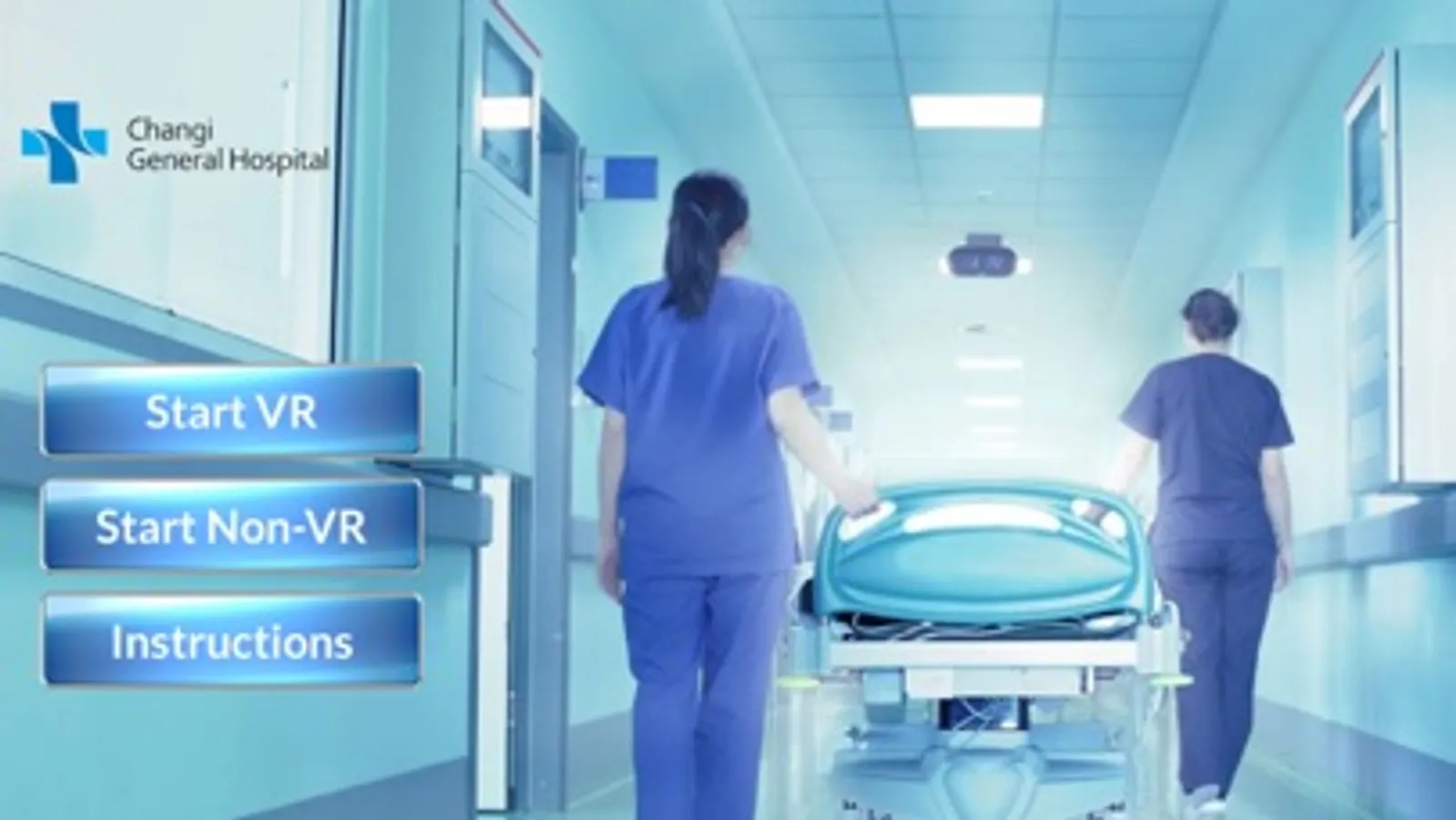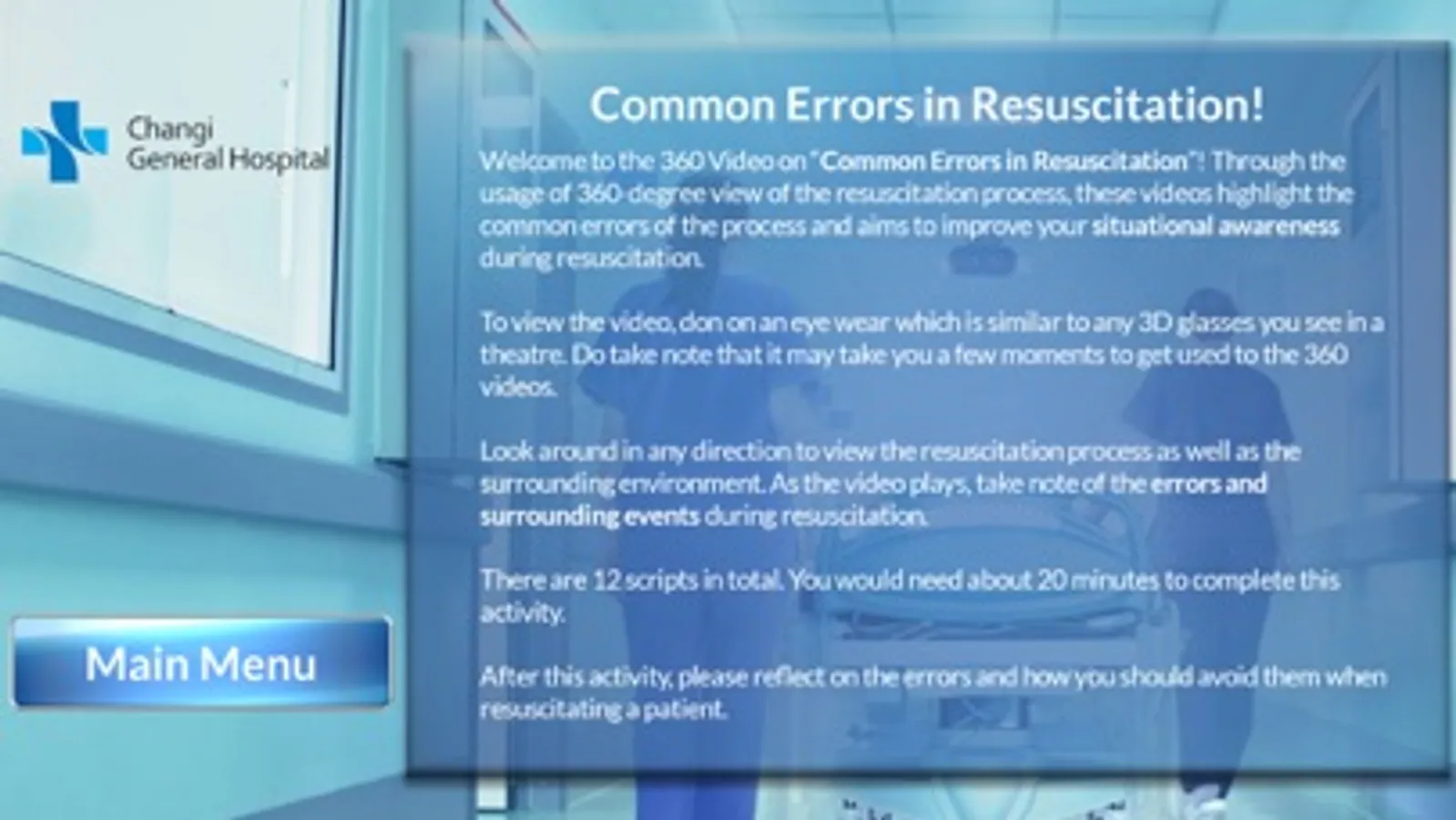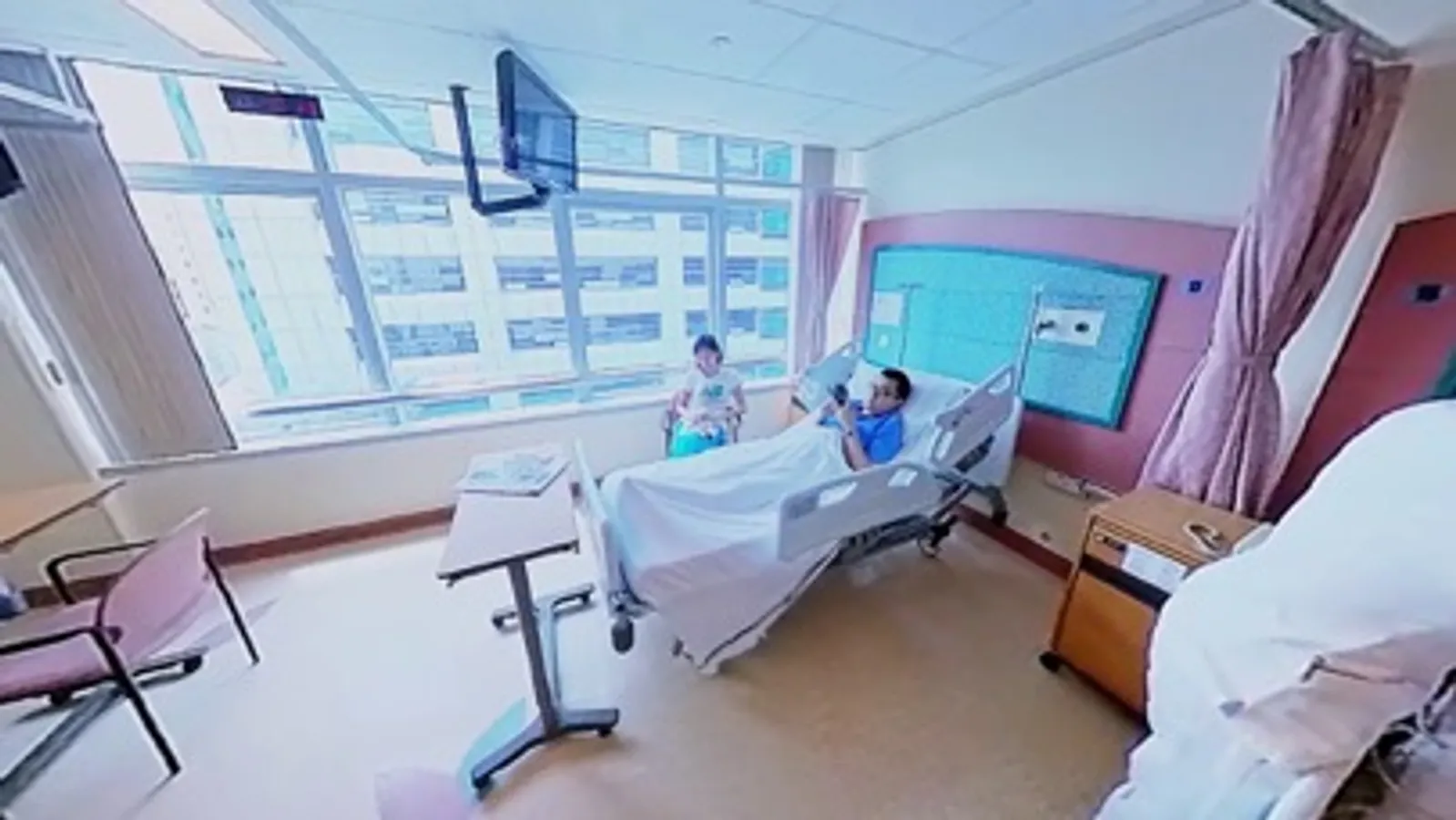AppRecs review analysis
AppRecs rating 1.6. Trustworthiness 64 out of 100. Review manipulation risk 27 out of 100. Based on a review sample analyzed.
★☆☆☆☆
1.6
AppRecs Rating
Ratings breakdown
5 star
6%
4 star
3%
3 star
12%
2 star
0%
1 star
79%
What to know
✓
Low review manipulation risk
27% review manipulation risk
⚠
Mixed user feedback
Average 1.6★ rating suggests room for improvement
About Code Blue VR
Sudden cardiac arrest (SCA) presents a difficult clinical problem, as it often occurs with little warning and requires a complex set of resuscitative actions to be instituted within minutes. Therefore, survival from cardiac arrest is poor, with out-of-hospital SCA survival to discharge generally reported at less than 10%, and survival from in-hospital SCA estimated at 18%.
Additionally, multiple errors are made during resuscitation of the patient with sudden cardiac arrest. Clinical simulation has been shown to improve the resuscitation outcomes of patients with SCA. However, clinical simulation is resource intensive, requiring a high faculty to learner ratio. Consequently, only a small number of healthcare personnel can undergo regular repeated training required for optimal outcomes.
With the use of 360-degree video, it may highlight common and fatal errors in a contextual manner where a constant stream of data are received, communicated and interpreted by a team of doctors, nurses and respiratory therapist. Hence there is a potential that 360-degree videos can improve the resuscitation of the patient with SCA when combined with simulation training. The utility of 360-degree videos could potentially facilitate the medical education and training of healthcare staff to deliver effective resuscitation for better patient outcomes.
Additionally, multiple errors are made during resuscitation of the patient with sudden cardiac arrest. Clinical simulation has been shown to improve the resuscitation outcomes of patients with SCA. However, clinical simulation is resource intensive, requiring a high faculty to learner ratio. Consequently, only a small number of healthcare personnel can undergo regular repeated training required for optimal outcomes.
With the use of 360-degree video, it may highlight common and fatal errors in a contextual manner where a constant stream of data are received, communicated and interpreted by a team of doctors, nurses and respiratory therapist. Hence there is a potential that 360-degree videos can improve the resuscitation of the patient with SCA when combined with simulation training. The utility of 360-degree videos could potentially facilitate the medical education and training of healthcare staff to deliver effective resuscitation for better patient outcomes.




